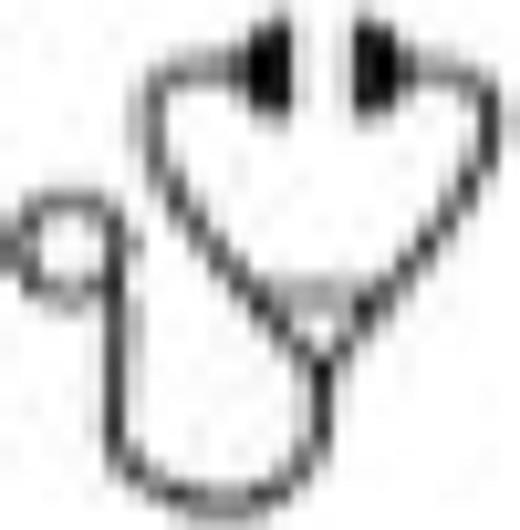Abstract

Background
Since the first bariatric surgery was performed in 2003, the number of bariatric surgeries performed in Korea has exponentially escalated along with the trend in Asia and recently surpassed 1,000 cases annually. Sleeve gastrectomy (SG) and Roux-en-Y gastric bypass (RYGB) are the most common types of bariatric surgery currently performed. Various types of anemia, commonly secondary to iron, folic acid, and vitamin B12 deficiencies, may complicate bariatric surgery in the long term. Thus, we evaluated the clinical course of iron deficiency anemia (IDA) in patients who underwent bariatric surgery.
Methods
A retrospective review of the prospectively established database identified all patients who underwent with RYGB for bariatric surgery between January 2008 and Feb 2014. Bariatric surgery candidates were selected according to international federation for surgery of obesity Asia Pacific Chapter Consensus statements in 2011; patients with a body mass index (BMI) ≥ 30kg/m2 with inadequately controlled obesity-related comorbidities (eg. Diabetes, obstructive sleep apnea, hypertension, or obesity related arthropathy) or with a BMI ≥ 35kg/m2. Anemia was defined as a hemoglobin level <13g/dL in men and <12 g/dL in women. Our institutional guideline of bariatric surgery is
Results
The records of 523 consecutive patients (total 796 bariatric surgeries) who underwent RYGB between January 2011 and 2015 were retrospectively reviewed. The mean preoperative body mass index was 38.0 ± 5.8kg/m2. Female was 419 (80.1%) patients and median age was 38 (range 16-67) years. Of all patients, 17.4 % patients had IDA postoperatively. Median duration from bariatric surgery to time of anemia onset was 13 (3.5-17) months. Oral iron induced 81 % overall response and 13.5% patients were required intravenous iron due to intolerance.
Conclusion
Anemia after bariatric surgery is mainly IDA, iron supplements should be administered to patients in early postoperative periods. Oral iron supplements were effective than expected.
No relevant conflicts of interest to declare.
Author notes
Asterisk with author names denotes non-ASH members.

This icon denotes a clinically relevant abstract

This feature is available to Subscribers Only
Sign In or Create an Account Close Modal